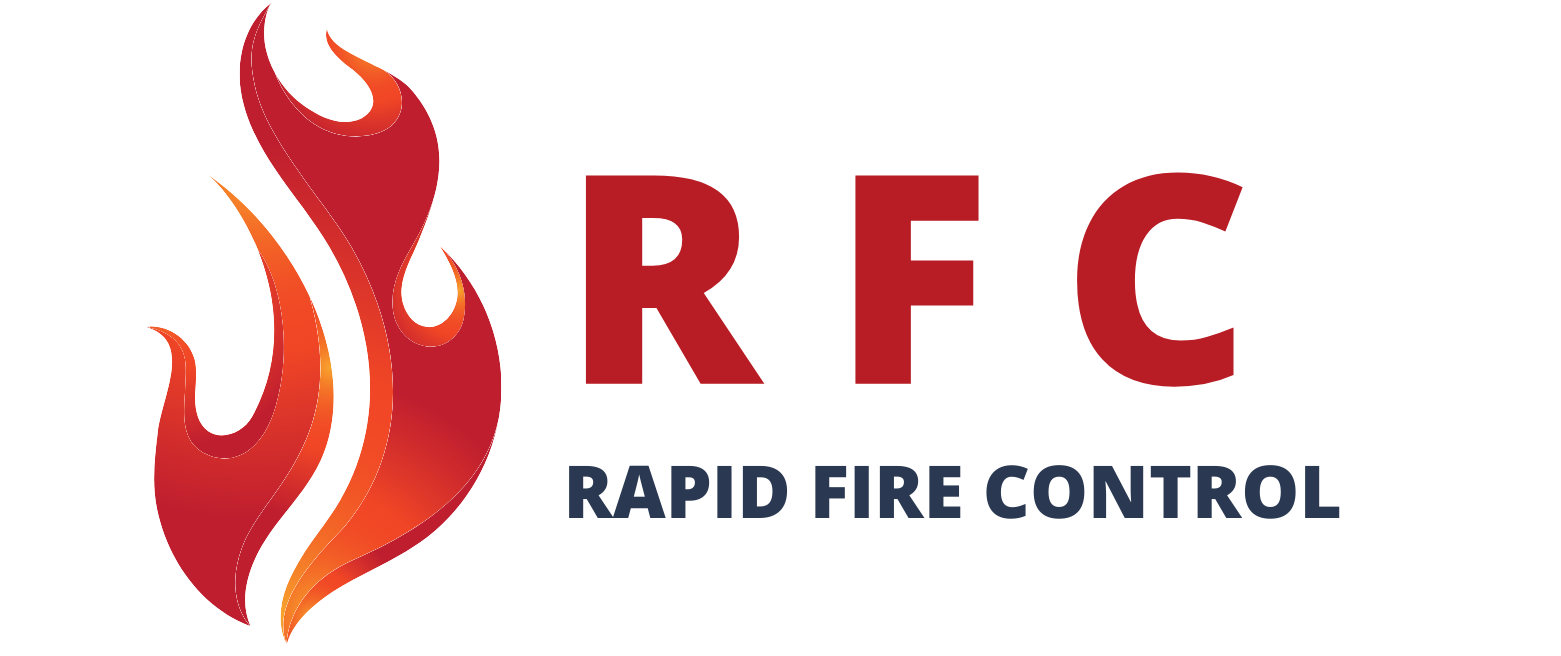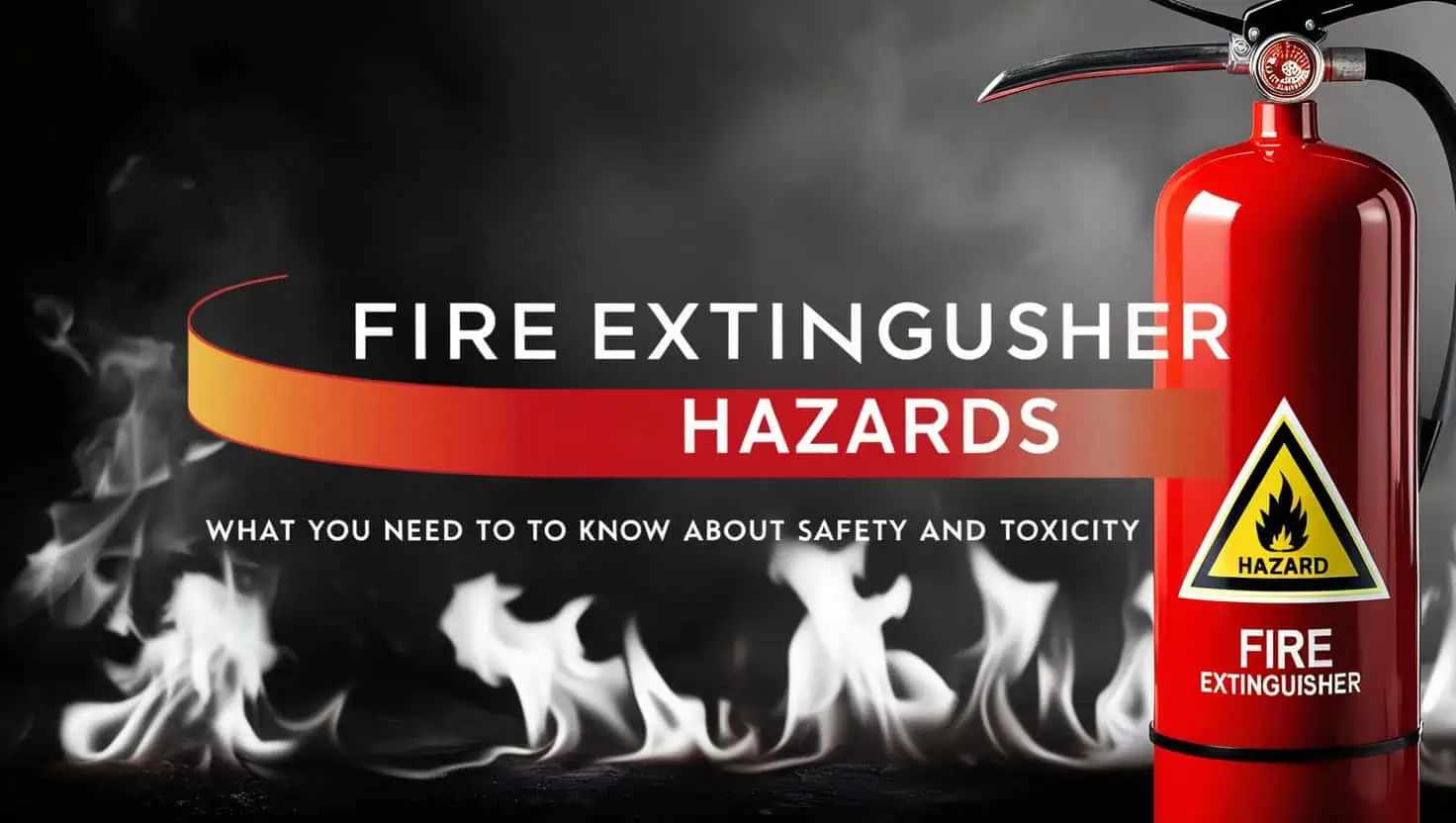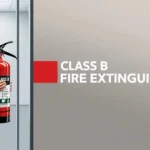Fire extinguishers are an essential part of every fire safety plan, regardless of the environment. They are the initial response to a fire and may prevent fatalities as well as severe property damage.
Fire extinguishers are generally accurate, however they can cause severe respiratory, skin, or eye pain. Applying in places with limited airflow, with the intent to hurt someone or purposeful inhalation of fire extinguishers can result in severe toxicity and need a medical examination.
Not only may the chemical within the extinguisher irritate the eyes and lead to breathing problems, but it is also a pressurized cylinder. Due to the possibility of pressure on the contents, even partially empty fire extinguishers may be dangerous.
Understanding Fire Extinguisher Hazards
Do fire extinguishers pose a risk? Checking the tag is the most accurate method of finding out. Fire extinguisher service tags keep you updated on the extinguisher’s latest inspection date and its next examination date.
Fire extinguishers that have not been properly maintained can be harmful. If people try to use malfunctioning equipment in an emergency, they may be harmed.
Most fire extinguishers discharge a fine powder. The multipurpose dry chemical, which is used to Class A, B, and C fires, is the main option. Among them is monoammonium phosphate, a powdery yellow chemical.
Inhaling monoammonium phosphate with sodium bicarbonate may result in minor irritation of the nose, throat, and lungs, resulting in symptoms such as shortness of breath and coughing. It is also possible to have dizziness and headache.
Even though they are life-saving devices, fire extinguishers can be hazardous when being transported. Along with the chemicals within the extinguisher irritate the eyes and create breathing problems, it is also caused by a pressurized cylinder. Since the contents could remain under pressure, even non-empty fire extinguishers are dangerous.
Is Fire Extinguisher Powder Toxic?
“How toxic is fire extinguisher powder?” is a question we are frequently asked. Since fire extinguishers are often thought of as safety equipment, few people notice the risks that they might pose.
As with whatever you take into your home or business, it’s essential that you completely understand how it will be used. Despite being non-toxic, fire extinguisher powder is not completely safe. The chemicals used are believed to be safe for household use, but take care not to touch or inhale an excessive amount of the powder.
- Short-term effects: Direct contact can irritate the eyes, skin, and respiratory system. Inhalation may result in inflammation of the throat and coughing.
- Long-term effects: Respiratory problems can arise from prolonged or frequent exposure, particularly in people with existing health conditions.
Health Risks: Inhaling Fire Extinguisher Powder
The greater velocity discharge from an over-pressurized fire extinguisher raises the chance of inhalation or contact with chemicals. Based on the kind of extinguishing agent used, inhaling or getting into touch with particular chemicals can cause health problems.
When a fire extinguisher is overpressurized, the chemical in it is released with force, which can have negative impacts on the people around it.
Considering its non-toxic nature, the powdered material from a fire extinguisher should not be consumed. When you inhale some of the powder, your throat will become sore and red, it may cause coughing and you might feel stomach pain, but this needs a significant quantity of powder.
Inhaling fire extinguisher powder can also cause dizziness in severe cases. It may also irritate the skin. Ingestion may result in diarrhea, nausea, or cramping.
One of the main risks of fire extinguishers is fire extinguisher powder inhalation. It irritates mucous membranes severely and can make breathing tough if inhaled in excessive amounts. Typically, in a small fire situation where any of the widely observed extinguishers is used, there is insufficient dust to inhale. However, if this occurs, you need to go to the nearest hospital. Dust might cover your lungs on the inside, preventing oxygen from entering the other parts of your body. Although many cases improve with fresh air and sleep, persistent inhalation or repeated exposure might require medical attention.
What to Do After Inhaling Fire Extinguisher Powder
Although the most commonly used fire extinguishers include ammonium phosphate and/or ammonium sulfate, you need to be cautious. If you accidentally breathe fire extinguisher powder, get fresh air right away to minimize exposure. To ease pain, clean your mouth and throat with water.
The chemicals may cause irritation to the skin, so wear gloves and a dust mask to prevent additional inhalation. After sweeping or vacuuming off the debris, be sure to get a fire extinguisher inspected, recharge, or purchase a new one.
Can Fire Extinguishers Explode?
In severe situations, fire extinguishers can explode, including
- Continuous exposure to extreme heat
- Considerable physical harm to the cylinder of the extinguisher.
Take the following precautions to avoid such incidents:
- Fire extinguishers should be kept in dry, cool environments.
- Extinguishers should be inspected regularly for damage or leaks.
While explosions are not frequent, knowing potential risks and following correct maintenance methods can help ensure both effectiveness and safety.
Conclusion
Fire extinguishers are useful in emergencies, but they can be toxic, pose inhalation exposure, and cause rare explosions. Knowing these hazards and implementing safety measures such as correct usage, regular inspections, and swift action following exposure can maintain both safety and effectiveness. Keep in mind that although fire extinguishers save lives and property, using them properly is essential to maximizing their advantages and lowering their risks.



